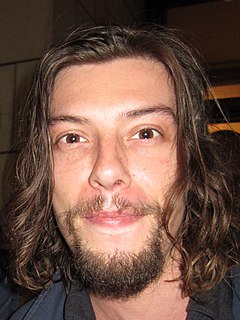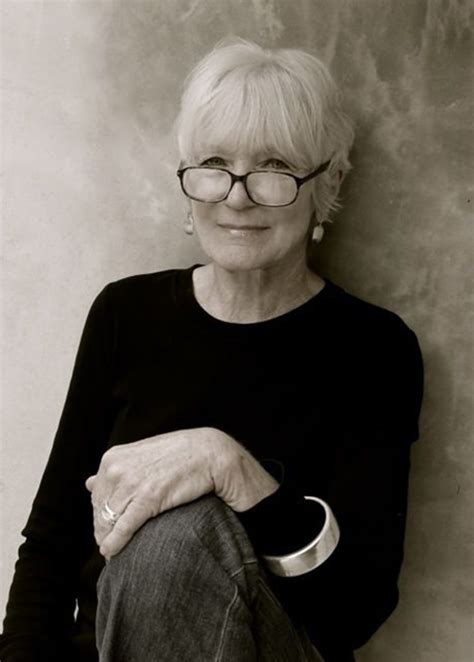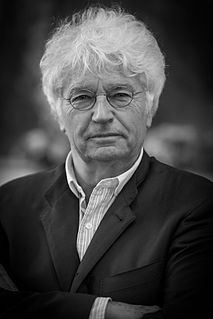A Quote by Ethan Canin
The historical background is one of the easier aspects of writing a novel. Far more difficult is dreaming up the smaller, character-based scenes, scenes that rise entirely from one's own imagination.
Related Quotes
The very dull truth is that writing love scenes is the same as writing other scenes - your job is to be fully engaged in the character's experience. What does this mean to them? How are they changed by it, or not? I remember being a little nervous, as I am when writing any high-stakes, intense scene (death, sex, grief, joy).
Generally speaking I would say I enjoy the smaller films more because there's a less sense of pressure and often the material is more unusual. But in "Iron Man" it was kind of like both worlds colliding because there was a lot of improvisation, not that we improv-ed in the scenes but to discover the actual scenes themselves.
Both as a filmmaker and as a fan I love the behind-the-scenes stuff, I like it even more than deleted scenes frankly. Especially when you're happy with the movie and you're proud of it, those deleted scenes give you also a sense of the making of the film and the process through which you end up with the final product.


































